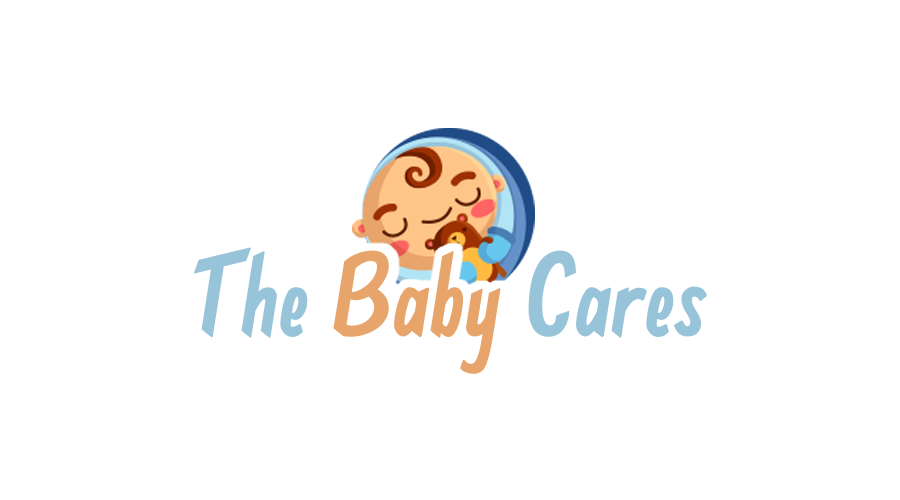Table of Contents
Emotional intelligence, often referred to as EQ (Emotional Quotient), is a vital aspect of a child’s development. It encompasses the ability to recognise, understand, and manage one’s own emotions while also being attuned to the emotions of others. The cultivation of emotional intelligence in children is crucial for their overall well-being and success in life. In this article, we will explore the significance of emotional intelligence, its developmental stages, and the best childcare practices to nurture it effectively.
Understanding Emotional Intelligence
Emotional intelligence is a multifaceted concept that involves a range of skills and attributes, such as empathy, self-awareness, self-regulation, motivation, and social skills. These skills collectively enable individuals to navigate the complex landscape of human emotions, both their own and those of others. Research has shown that high emotional intelligence is linked to better mental health, improved interpersonal relationships, and increased academic and professional success.
Developmental Stages of Emotional Intelligence
Emotional intelligence is not an innate trait but rather a skill that can be developed and refined over time. It typically evolves through various developmental stages in childhood:
Infancy: In the first year of life, infants begin to express basic emotions like joy, sadness, anger, and fear. They also learn to recognise these emotions in their caregivers. Caregivers play a fundamental role in responding to these emotions, helping infants develop trust and a sense of security.
Toddlerhood: Toddlers start to become more aware of their own emotions and those of others. They begin to use simple words to express their feelings, such as “happy” or “sad.” This stage is crucial for helping children build a vocabulary of emotions and develop the ability to communicate their feelings.
Preschool: As children enter preschool age, they become more capable of understanding and regulating their emotions. They learn to express themselves more effectively, resolve conflicts, and cooperate with peers. Preschool educators play a pivotal role in guiding children’s emotional development during this stage.
Elementary School: In elementary school, children continue to refine their emotional intelligence. They develop a better understanding of the emotions and perspectives of others, and they learn to manage their feelings more independently. Teachers and parents can support this growth by fostering empathy and encouraging open communication.
Adolescence: During adolescence, teenagers go through significant emotional changes. They often struggle with identity, self-esteem, and the complexities of relationships. Effective emotional intelligence support at this stage is crucial for helping adolescents navigate the challenges of this transitional period.
Best Childcare Practices for Nurturing Emotional Intelligence
Emotional Modeling: Children learn by example. Caregivers, whether parents or childcare providers, should model healthy emotional expression and regulation. By displaying empathy, patience, and open communication, adults can teach children valuable lessons about how to manage their own emotions.
Active Listening: Encourage children to express their emotions and actively listen to them. When a child feels heard and understood, they are more likely to develop trust and better emotional regulation. Acknowledge their feelings and let them know that their emotions are valid.
Labeling Emotions: Teach children to identify and label their emotions. This not only expands their emotional vocabulary but also helps them understand the complex world of feelings. Ask questions like, “How are you feeling right now?” or “Why do you think you’re feeling this way?”
Empathy Building: Promote empathy by encouraging children to consider the emotions of others. Engage in discussions about how someone else might be feeling in a given situation. Read books or watch movies that highlight characters’ emotions, and discuss their perspectives.
Conflict Resolution: Teach children constructive ways to resolve conflicts and disagreements. Emphasise problem-solving, compromise, and effective communication as tools for managing conflicts.
Encourage Independence: Allow children to make age-appropriate choices and decisions. Independence helps build confidence and self-regulation, which are essential components of emotional intelligence.
Cultivate Emotional Resilience: Help children understand that it’s okay to experience a range of emotions and that setbacks are a part of life. Teach them coping strategies for handling difficult situations and setbacks.
Create Safe Spaces: Ensure that children feel safe and secure in their environment. When children feel safe, they are more likely to open up and express their emotions.
Consistency and Routine: Establishing consistent routines can help children feel secure and provide predictability, which is essential for emotional well-being.
Seek Professional Help When Needed: If a child exhibits persistent emotional difficulties, do not hesitate to seek the assistance of a mental health professional. Early intervention can be highly effective in addressing emotional challenges.
Nurturing emotional intelligence in children is a fundamental aspect of childcare and parenting. By fostering emotional awareness, empathy, and effective emotional regulation, childcare providers can equip children with the skills they need to lead happier, healthier lives and form positive relationships. Recognising the developmental stages of emotional intelligence and implementing the best childcare practices can make a significant difference in a child’s emotional growth and overall well-being.



